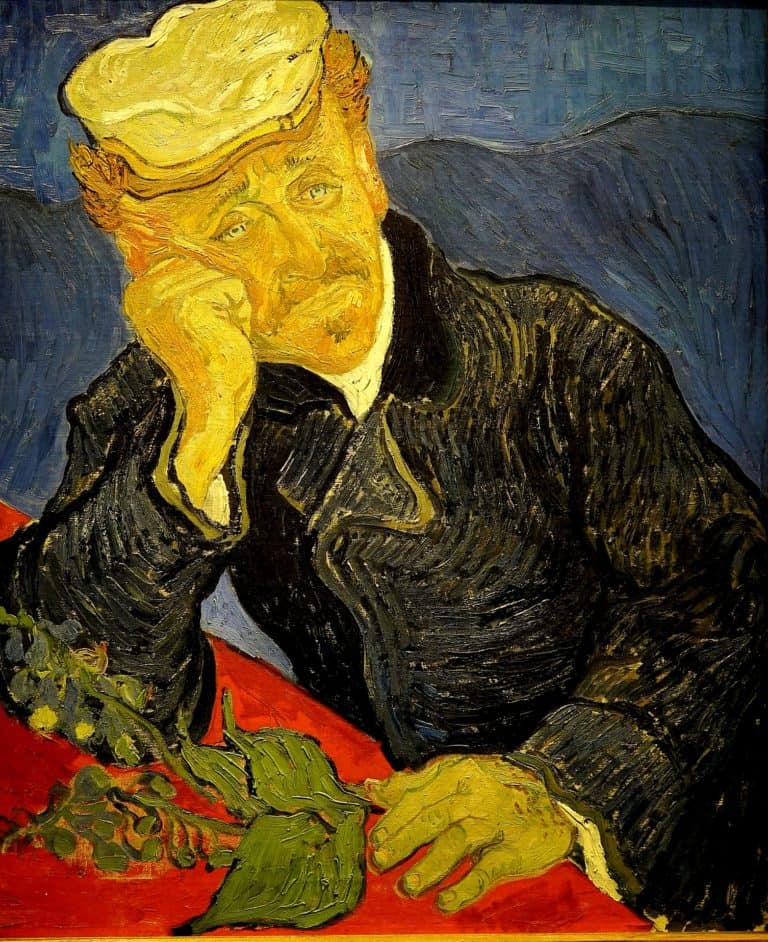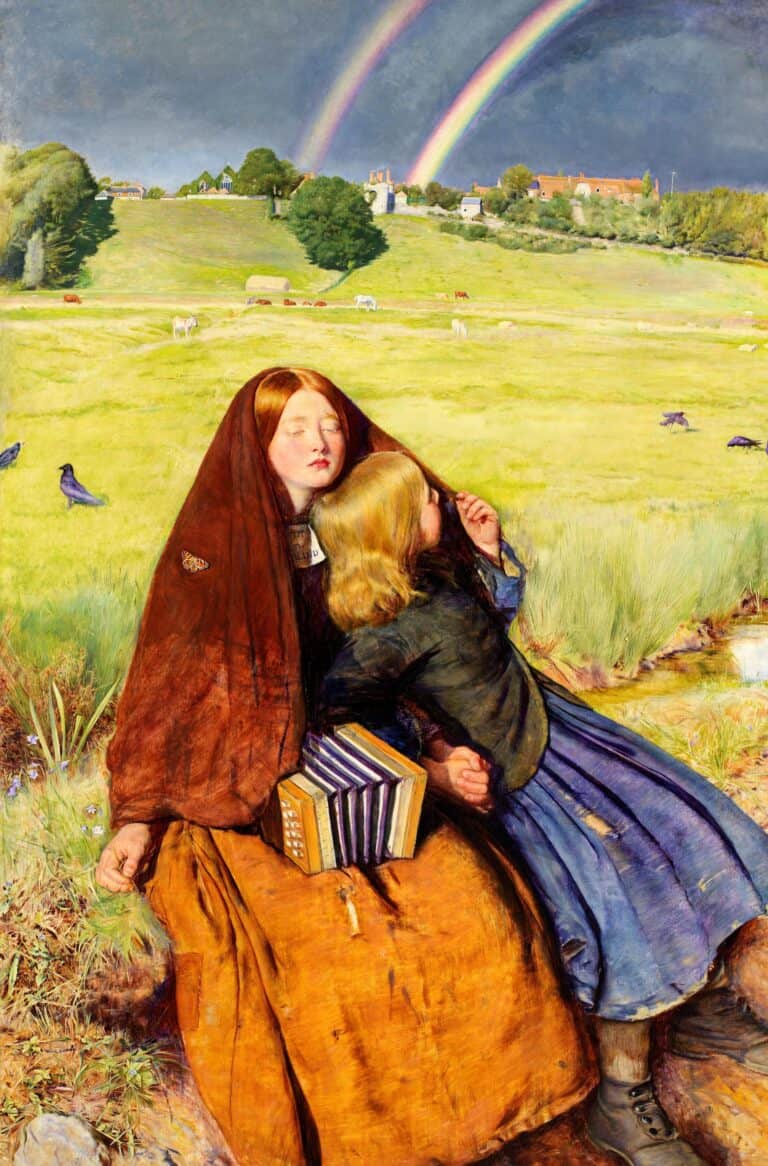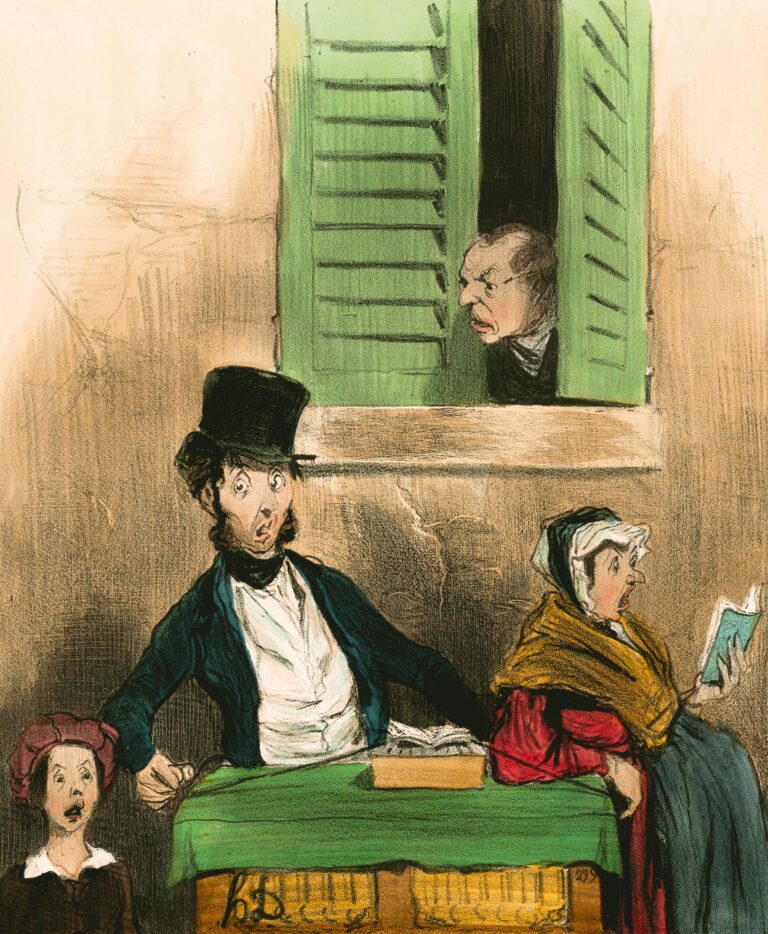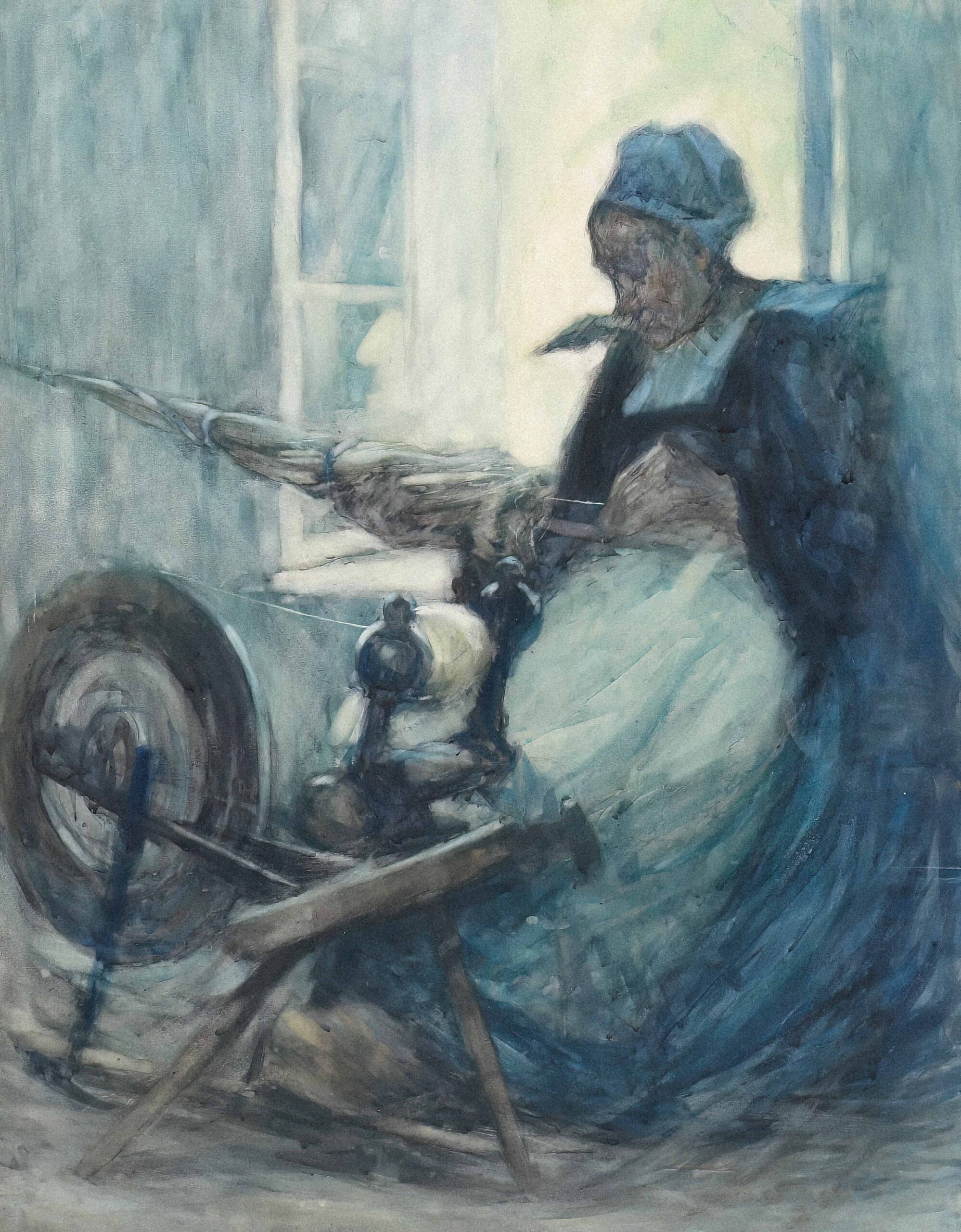OCD Rituals: Understanding Repetitive Behaviors
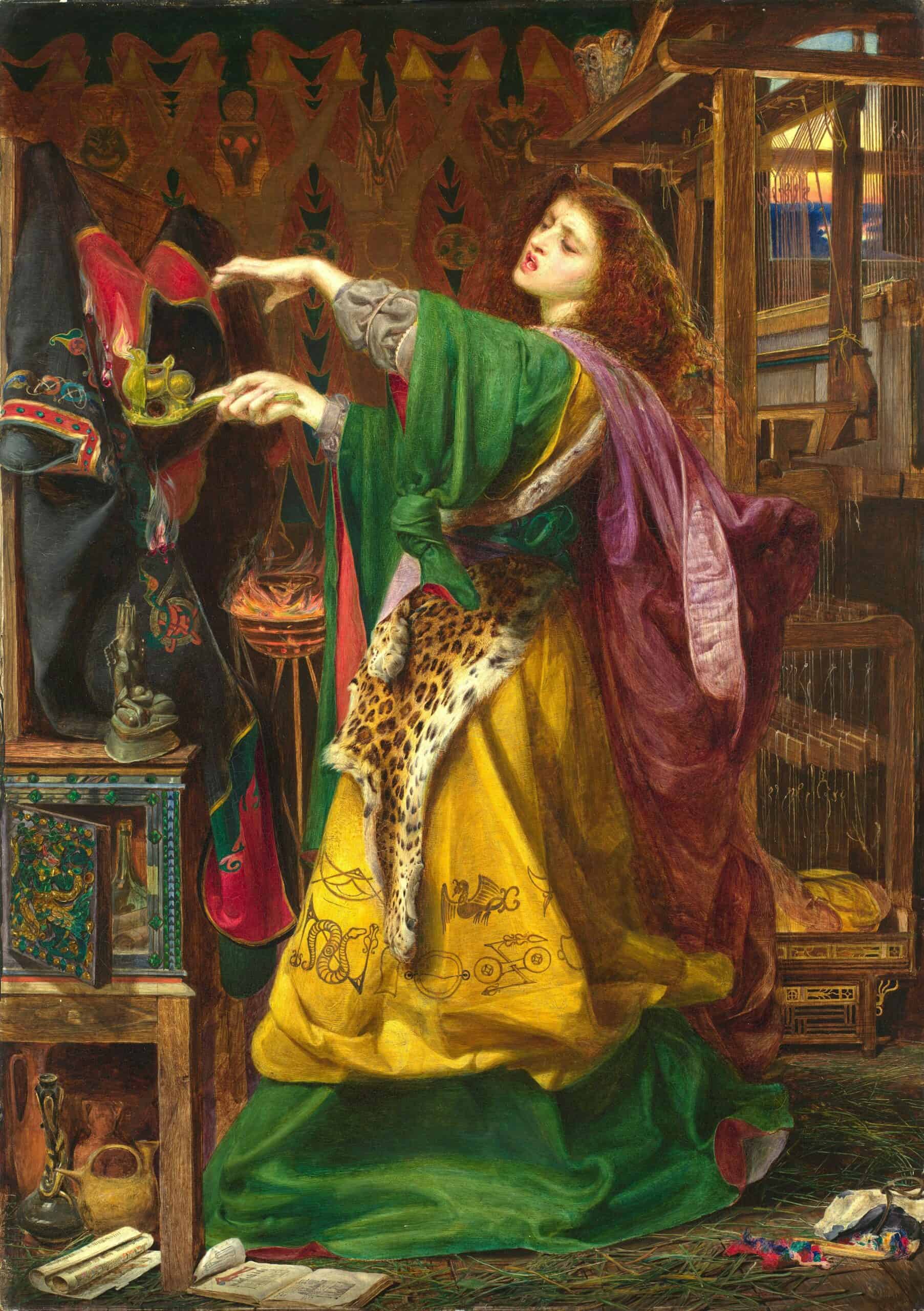
For individuals with Obsessive-Compulsive Disorder (OCD), the need to perform certain rituals can feel overwhelming and uncontrollable. These rituals are repetitive behaviors or mental acts that individuals feel compelled to perform in response to obsessive thoughts.
While these rituals may temporarily relieve anxiety, they ultimately reinforce the cycle of OCD. In this article, we’ll dive into the nature of OCD rituals, how they affect daily life, and the treatment options available to help individuals break free from these compulsive behaviors.

What Are OCD Rituals?
Defining OCD Rituals
OCD rituals are compulsive behaviors or mental actions that an individual feels driven to perform in response to an obsession or to prevent a feared outcome. These rituals may seem illogical or excessive to others, but for those with OCD, they feel necessary to alleviate the anxiety caused by intrusive thoughts.
Common Types of OCD Rituals
OCD rituals can take many forms, and they vary greatly from person to person. Some of the most common rituals include:
- Washing and Cleaning: Repeatedly washing hands, showering, or cleaning surfaces to reduce contamination fears.
- Checking: Constantly checking locks, appliances, or lights to ensure everything is in order.
- Counting or Repeating: Repetitively counting items or mentally repeating phrases or prayers to neutralize anxiety.
- Arranging: Ordering or aligning objects in a specific, often symmetrical way to create a sense of order.
- Mental Rituals: Engaging in mental checking, silent prayers, or mentally reviewing events to reduce anxiety or prevent harm.
How OCD Rituals Affect Daily Life
Time-Consuming and Disruptive
OCD rituals can consume hours of a person’s day, leaving little room for work, school, or social activities. These repetitive behaviors can create significant disruptions in daily life, affecting productivity, relationships, and overall well-being.
Physical and Mental Exhaustion
The mental and physical toll of performing OCD rituals can lead to exhaustion. Individuals may feel drained by the constant need to perform these rituals to reduce anxiety, but the relief is often short-lived, leading to a continuous cycle of compulsions and obsessions.
Social and Relationship Strain
OCD rituals can also strain relationships. Family members and friends may not understand why these rituals are necessary, which can lead to frustration or conflict. The secrecy or embarrassment surrounding OCD rituals may cause individuals to withdraw socially, leading to isolation.
Why Do People with OCD Feel the Need to Perform Rituals?
The Role of Anxiety and Obsessive Thoughts
At the heart of OCD rituals is anxiety. Obsessive thoughts—such as fears of contamination, harm, or making mistakes—trigger the urge to perform compulsive rituals. These rituals temporarily reduce the anxiety, but they do not address the underlying fears and can reinforce the obsession.
The Need for Control and Perfection
For many individuals with OCD, rituals provide a sense of control in an otherwise chaotic world. The compulsive need for perfection can drive people to repeatedly perform rituals to ensure everything is “just right” or to prevent something bad from happening. This drive for control can make breaking free from OCD rituals even more challenging.
Negative Reinforcement Cycle
Each time a person engages in a ritual, it provides short-term relief from anxiety, which reinforces the behavior. This negative reinforcement creates a cycle where the person feels compelled to perform the ritual again in response to similar intrusive thoughts. Over time, the rituals become more ingrained and harder to break.
Diagnosing OCD Rituals
How OCD Is Diagnosed
OCD is typically diagnosed by a mental health professional based on the presence of obsessive thoughts and compulsive behaviors. To diagnose OCD, the symptoms must cause significant distress or impairment in daily functioning. If OCD rituals are affecting one’s ability to work, maintain relationships, or engage in daily activities, a formal diagnosis may be necessary.
Identifying Rituals vs. Habits
It’s important to differentiate between OCD rituals and regular habits. While habits like brushing your teeth or tying your shoes are part of a daily routine, OCD rituals are performed in response to intrusive thoughts and are driven by an overwhelming need to neutralize anxiety. Rituals also tend to be excessive and may interfere with normal functioning.
Treatment for OCD Rituals
Cognitive Behavioral Therapy (CBT)
Cognitive Behavioral Therapy (CBT) is one of the most effective treatments for OCD. CBT focuses on identifying and changing the thought patterns that drive compulsive behaviors. Through CBT, individuals with OCD learn to recognize their obsessive thoughts, understand the anxiety they trigger, and develop healthier responses to those thoughts without resorting to rituals.
Exposure and Response Prevention (ERP)
A specific form of CBT, Exposure and Response Prevention (ERP), is considered the gold standard for treating OCD rituals. ERP involves exposing individuals to situations that trigger their obsessive thoughts while preventing them from performing the accompanying rituals. Over time, ERP helps individuals tolerate anxiety without engaging in compulsive behaviors, reducing the power of the rituals.
Medications for OCD
Medications such as Selective Serotonin Reuptake Inhibitors (SSRIs) are often prescribed to help manage OCD symptoms. These medications work by increasing serotonin levels in the brain, which can help reduce obsessive thoughts and compulsive behaviors. SSRIs are commonly used in conjunction with therapy to provide relief from OCD rituals.
Coping Strategies for Managing OCD Rituals
Gradual Exposure to Triggers
One effective coping strategy is to gradually expose oneself to OCD triggers while resisting the urge to perform rituals. Starting with less anxiety-provoking situations and slowly working up to more challenging triggers can help individuals build tolerance and reduce their reliance on compulsive behaviors.
Mindfulness and Stress Reduction Techniques
Mindfulness practices can help individuals stay present and focused in the moment, reducing the urge to engage in rituals. Techniques like deep breathing, progressive muscle relaxation, or meditation can help manage the anxiety that drives OCD rituals.
Building a Support System
Having a strong support system is essential for managing OCD rituals. Family members, friends, or support groups can offer encouragement and understanding, making it easier to stay committed to treatment. Connecting with others who understand OCD can provide emotional support and reduce feelings of isolation.
When to Seek Professional Help for OCD Rituals
Recognizing the Impact on Life
If OCD rituals are interfering with daily life—whether it’s work, relationships, or personal well-being—it’s important to seek professional help. A therapist specializing in OCD can help develop a personalized treatment plan to address the compulsive behaviors and reduce their impact on daily functioning.
The Role of Family and Loved Ones
Family members and loved ones can play a critical role in supporting someone with OCD. Educating family members about OCD rituals and how to support treatment efforts can create a more understanding and supportive environment for the individual.
Conclusion:
OCD rituals are a central component of Obsessive-Compulsive Disorder, and they can significantly affect an individual’s daily life. However, with the right treatment and coping strategies, individuals can learn to manage their compulsive behaviors and reduce their anxiety. Through therapies like Cognitive Behavioral Therapy and Exposure and Response Prevention, along with medication when necessary, individuals with OCD can break free from the cycle of rituals and regain control over their thoughts and behaviors.
